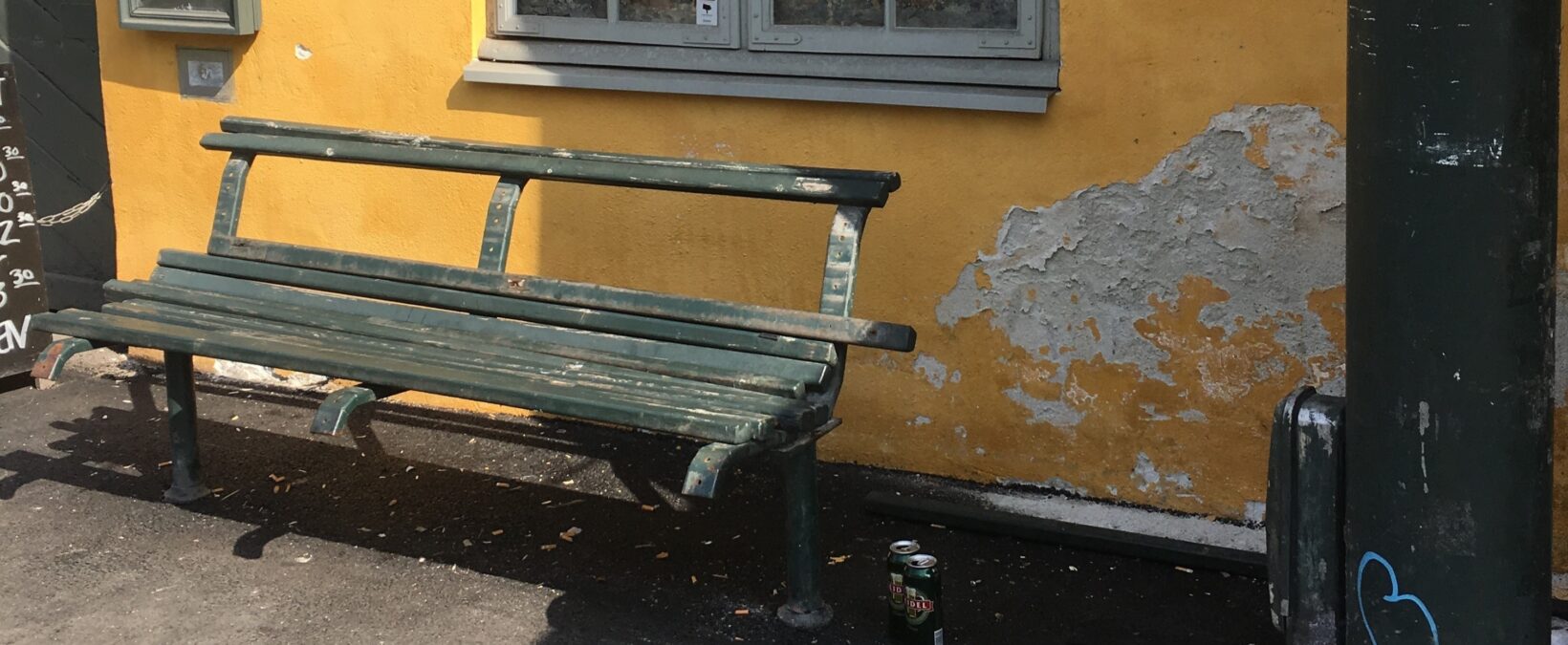
The Donner Institute Research Prize to Helena Schmidt
The Donner Institute for Research in Religion and Culture in Turku has decided to award Dr.Phil. Helena Schmidt the institute’s Research Prize for 2023. Schmidt’s research is described as an important and innovative work with obvious relevance to diaconal work, but which also has a broader scope that touches on various forms of marginalisation in the Nordic societies.
Helena Schmidt is awarded for the book Eating No-Bodies: The paradox of disembodied hospitality. Looking through the meal lens at diaconal hospitality and embodied citizenship in Oslo (University of Oslo, 2022). The book has been presented as a doctoral thesis at the Faculty of Theology at the University of Oslo. In the book, Schmidt explores how food and eating can serve as a lens to a deeper understanding of belonging. At the heart of the project is the fieldwork that Schmidt has carried out among the poor, the homeless and immigrants, both in a soup kitchen and in the surrounding district of Grønland in Oslo. Schmidt’s work is interdisciplinary and develops primarily in conversations with citizenship studies and critical food studies, but also involves issues of embodiment, alienation, and visibility.
About the Donner Institute’s Research Prize
The Donner Institute’s research prize of 5,000 euros recognizes outstanding, newly published research in the field of religion at a Nordic university. It is intended for “researchers whose research focuses on the field of religion in a broad sense”. The prize has been awarded since 2010. This year, eight nominations were received, submitted by professors, supervisors, and researchers in the field.
The Board of the Donner Institute states the following in its prize motivation:
“Methodologically, the analysis is based on the premise that knowledge is situated. Walking with the informants becomes an important part of a method through which the informants’ life-worlds can open up to the researcher. This approach allows Schmidt to show in her work how concepts and perspectives are connected in a meaningful way in the micropractices that are created around food service and eating in soup kitchens. […]
The work is of a high standard. With the ease of an experienced craftsman, Schmidt reflexively weaves together theoretically demanding perspectives with the lived reality that is reflected in the observations and human encounters in the field diaries. The analysis opens up new perspectives and insights. At the same time, the analysis is characterized by commitment and empathy. The reader is also touched by the observations and the study clarifies the role that critically based empathy can have for qualitative research.”
A grateful recipient
Schmidt is very grateful for the award and thinks of those who participated in the study:
“I am so grateful, touched and surprised to receive this award! My thoughts first go to all the people I have met during my fieldwork and how the documentation of their various presence in Oslo has been read as the basis for this award. Interpreting observations and testimonies of injustice has been demanding, and I have always been ambivalent about whether I managed to convey what I saw without silencing the people I met. This award gives me renewed motivation to stay in that uncertainty and continue my research work.”
Today, Schmidt works as a postdoctoral researcher at the Faculty of Theology in Oslo and she will soon begin fieldwork in London with a focus on women and homelessness. As a continuation and sharpening of some of the observations from her previous fieldwork, Schmidt is interested in how people create lives through the lens of two micro-practices in particular: cooking and religious practice.

Schmidt’s award-winning book will in due time be published by an academic publisher. The Donner Institute will order the book to the library as soon as it is available.
The image on top was taken during Schmidt’s fieldwork and is of a bench where some of her observations were made.